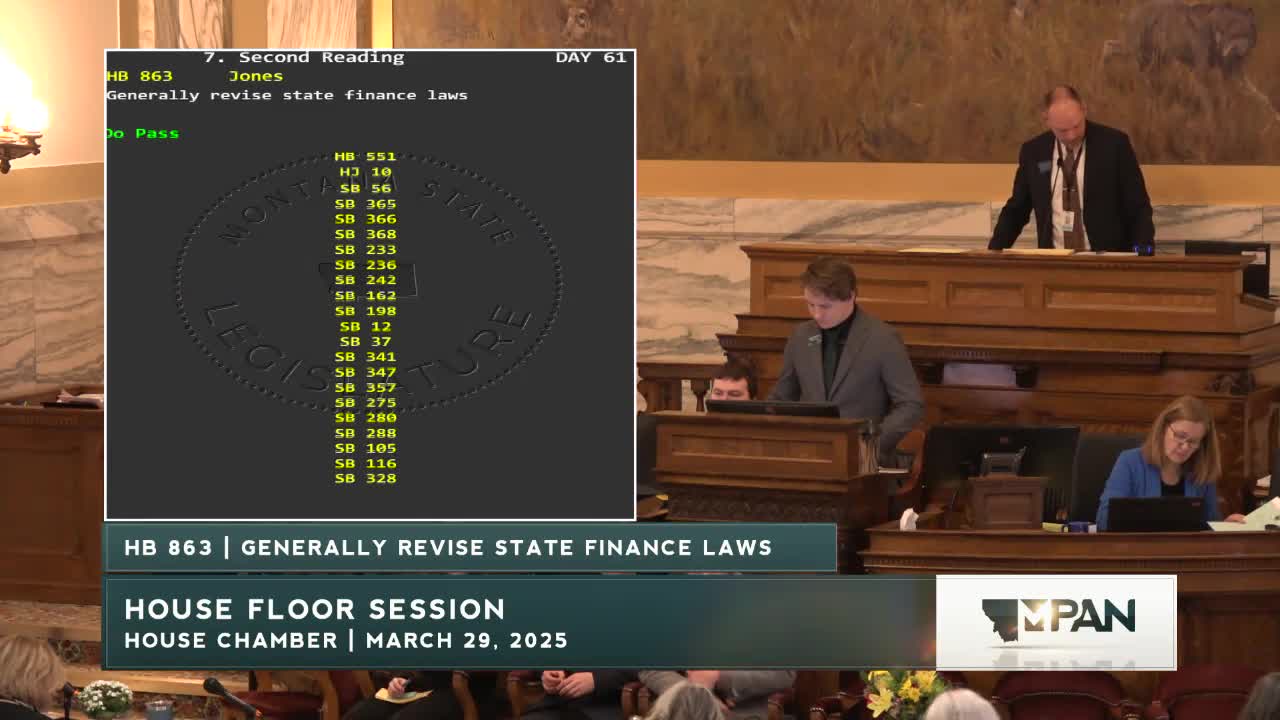Article not found
This article is no longer available. But don't worry—we've gathered other articles that discuss the same topic.
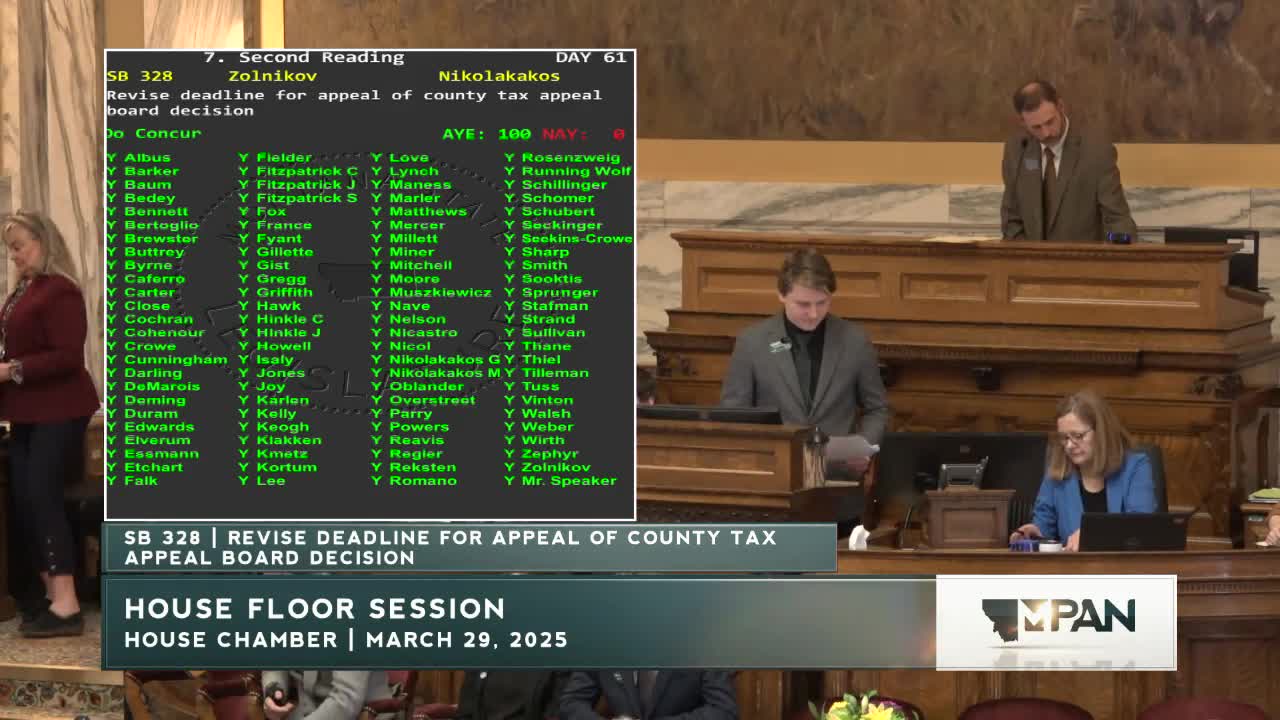
Votes at a glance: House floor action March 31 — bills concurred or passed on second/third readings
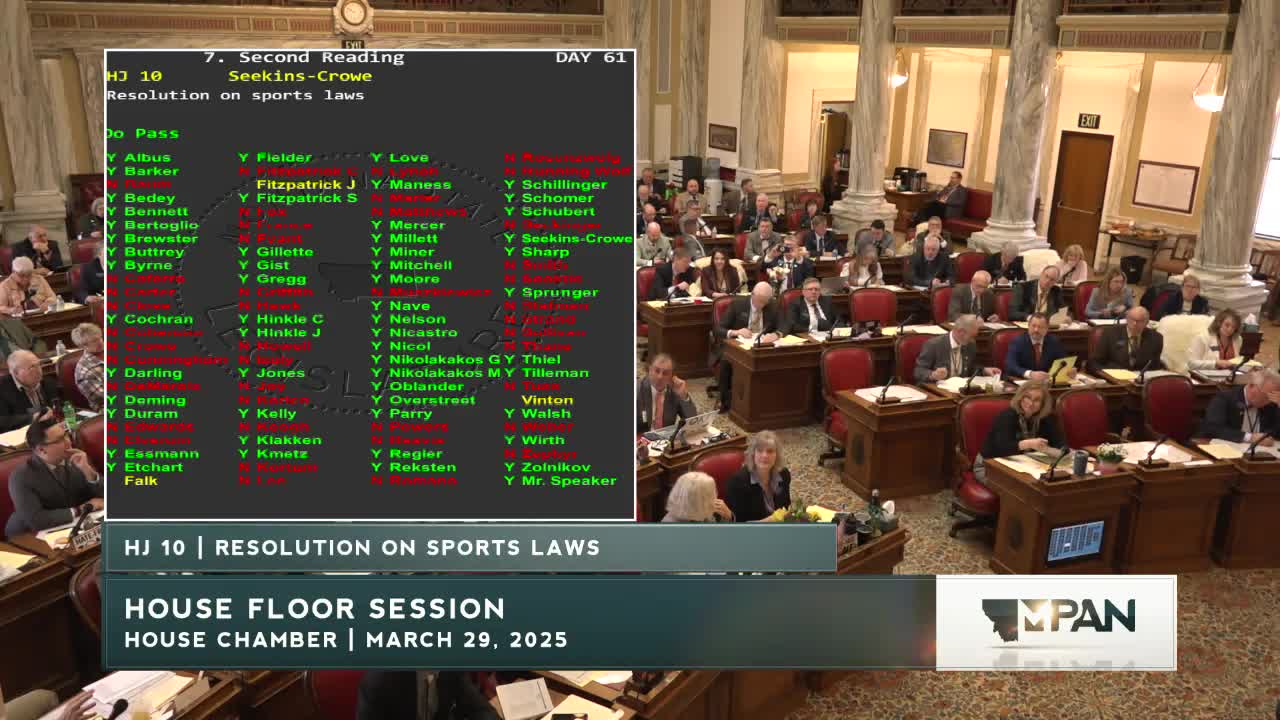
House concurs in pension employer contribution extension after debate on long‑term liabilities
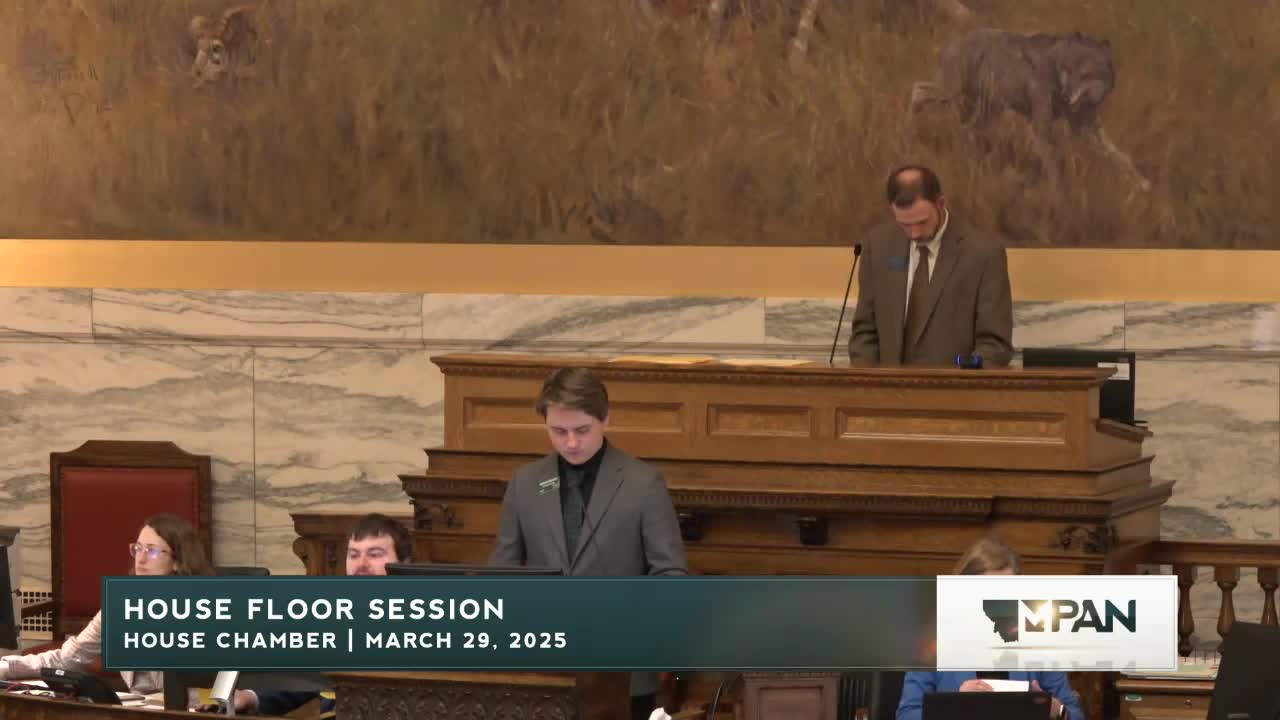
House concurs in bill to allow private security guard licensure before employment after debate over insurance and public safety
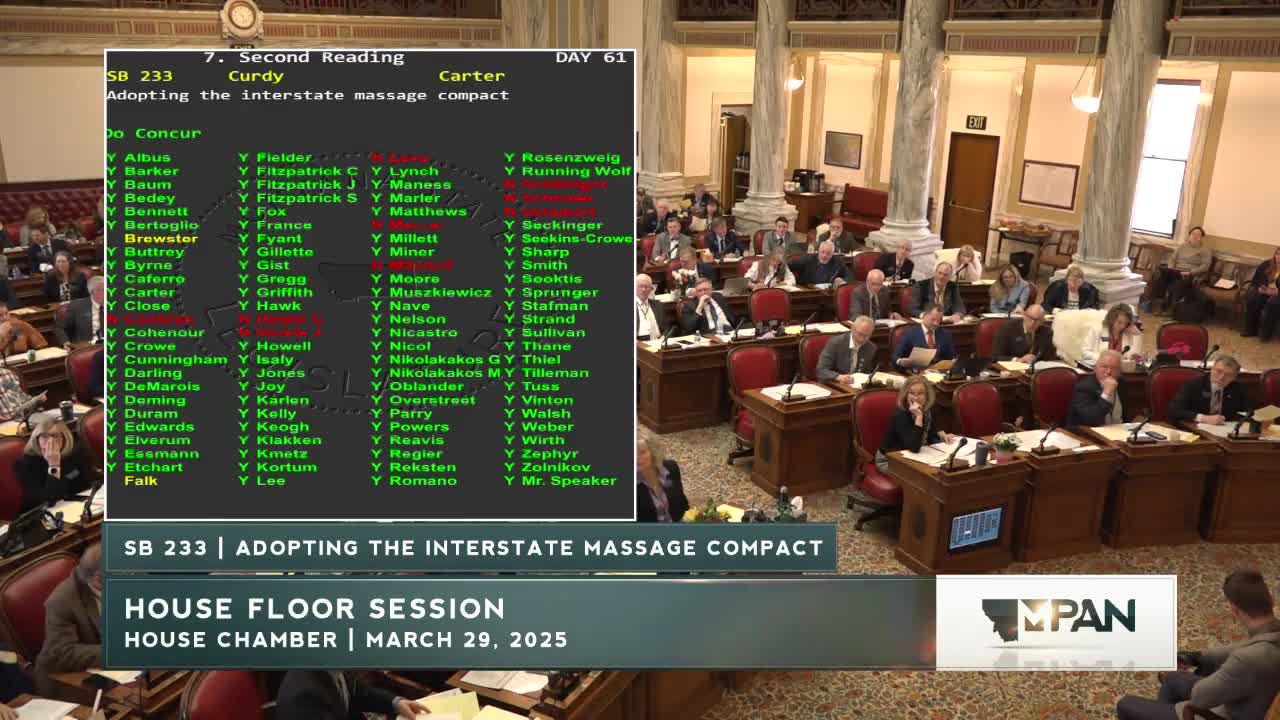
House concurs in bill requiring 1% longevity for detention officers; debate centers on local cost and unfunded mandate
